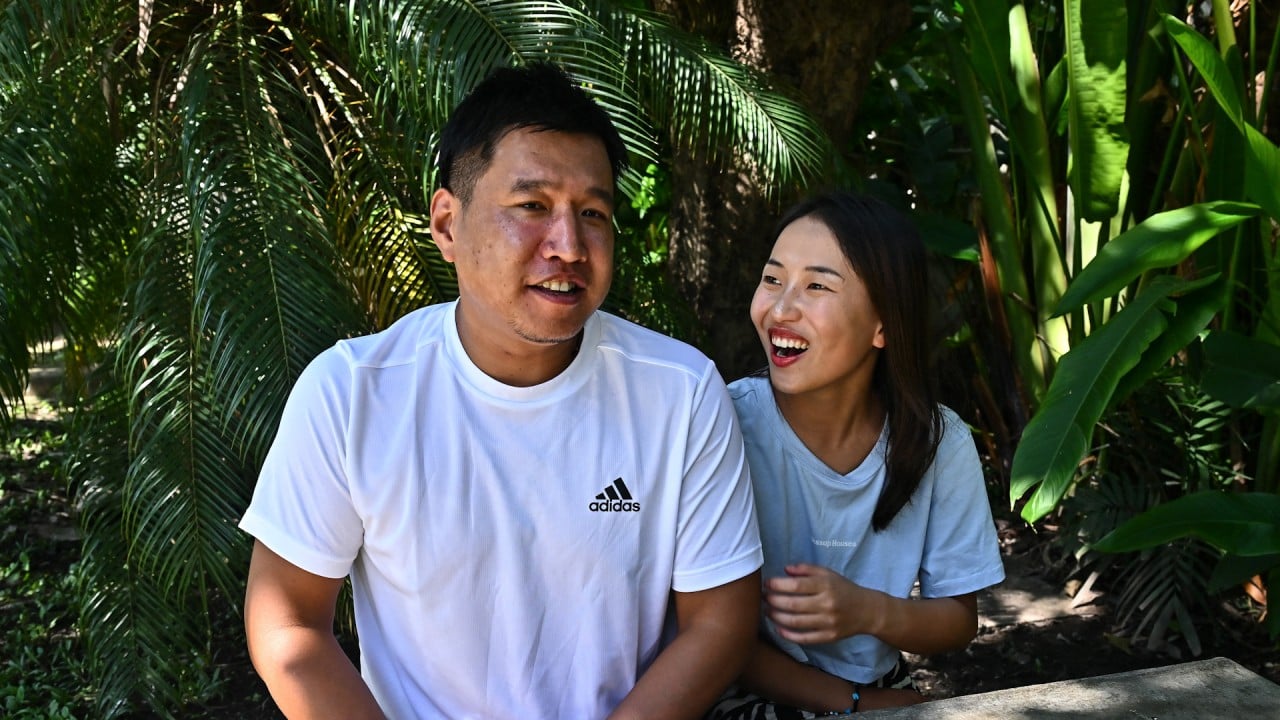Malaysia rises up expat list as golden visa, anti-Israel stance become drawcards
10 min read
“We see the Palestinian flag everywhere; they boycotted companies that supported Israel,” Sana said. “It is the simple fact that Malaysia is not afraid to stand up and say: ‘Hey, we support Palestine and the Palestinian cause’.”
Malaysia’s PM Anwar Ibrahim makes ‘no apology’ for Hamas links on Germany visit
Malaysia’s PM Anwar Ibrahim makes ‘no apology’ for Hamas links on Germany visit
The Salehs, like many other Muslim expatriates, say they found inspiration for their move from the Hijrah – a crucial episode in the Prophet Muhammad’s life 1,445 years ago, when he left persecution in Makkah for the safety of Medina, an event that meant the survival of a then-fledgling religion to become a faith which now has 1.8 billion devotees.
Other Muslim content creators, such as British national Saira Hayati and Canadian couple Mahdi and Sagal, who are active on Instagram and TikTok, have also chosen Malaysia as their new home.
Another British national, Muhammad Deen, told the “Optimized Muslim” YouTube channel that the striking mosques of Kuala Lumpur, and not having to check whether food and groceries were halal, were “liberating” for a Muslim.
Scramble for staff in Malaysia as door closes on low-paid migrant workers
Scramble for staff in Malaysia as door closes on low-paid migrant workers
Malaysia’s large Muslim population – more than 60 per cent of the country’s 33.7 million people – and the fact that Islam is enshrined as a state religion are strong pulls for many Muslim travellers and long-stayers who also require halal food and can pray in its abundance of mosques.
The Salehs’ video published on March 20 announcing their move has garnered more than 136,000 views, with the comments section peppered with positive anecdotes about Malaysia, as well as questions on the relocation process.
“It’s absolutely insane, it is astronomical,” Sana said. “We get dozens of emails and thousands of comments from people asking us how we did it, what the process is like and that they want to do the same.”
Another Canadian-Muslim, Shadia Yousuf, told This Week in Asia she was considering making the leap to Malaysia, like many in her circle.
“I visited [Malaysia] for an exchange programme and thought it was such a beautiful place,” Shadia said. “A place I could easily adjust to and settle in for many reasons.”
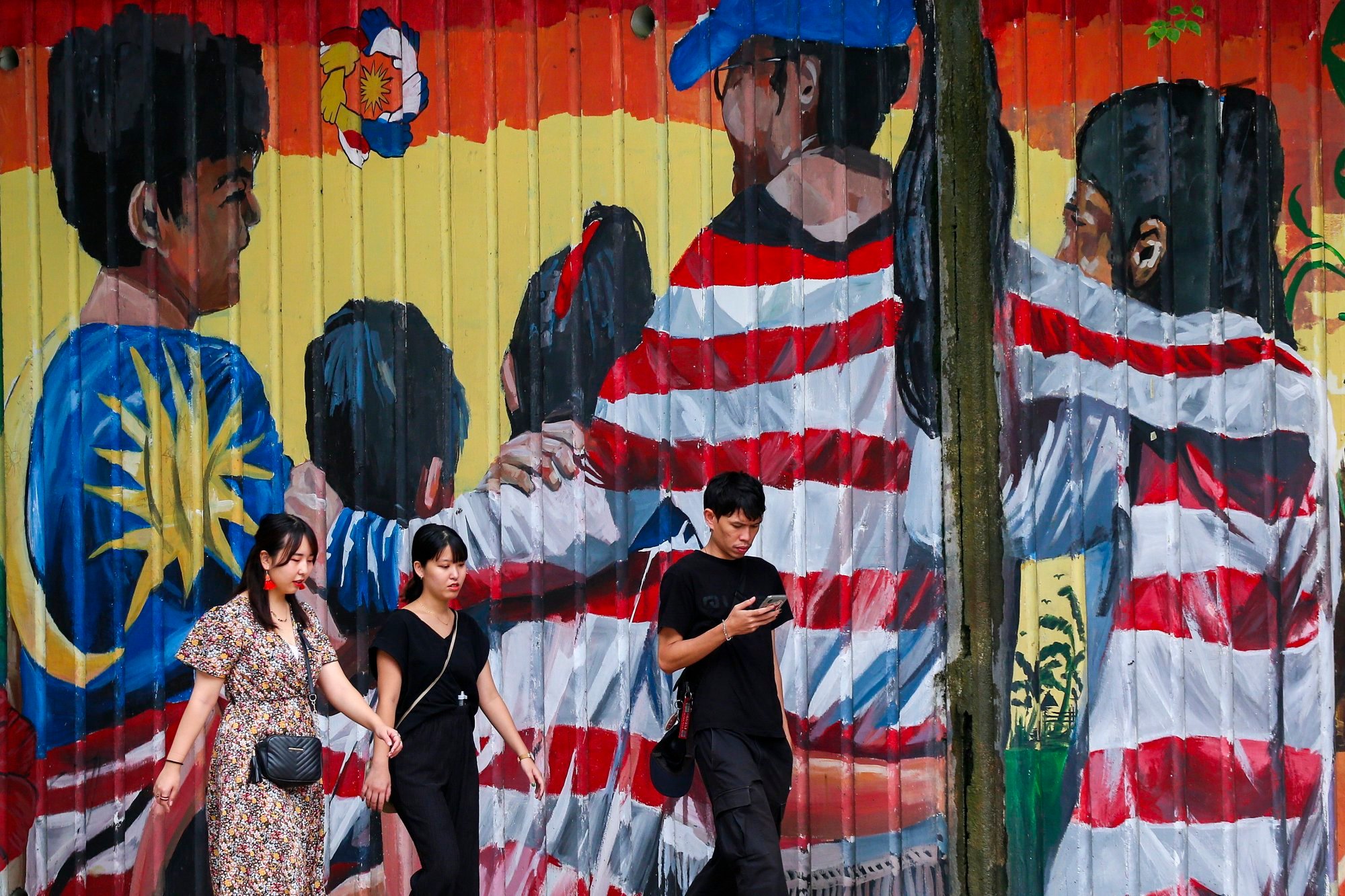
Back in the big time?
But it is not just Muslims joining the expanding cohort of expatriates in Malaysia, drawn by good weather, beaches, food, a cheaper cost of living, government visa offers and a reputation as the most developed of Southeast Asia’s larger nations.
Singapore-based YouTuber Max Chernov, who has a series of interviews with Western expatriates in Malaysia, said the most common reason cited for moving to the country was because “it has it all”.
“Great food, widespread English proficiency, a significant expat community, and friendly and respectful locals make it an appealing place,” Cherkov told This Week in Asia. “Speaking about Kuala Lumpur, it offers a nice balance of a fair cost of living and fun, without being as hectic as Bangkok or Jakarta.”
Connectivity is key even as more Singaporeans eye cheaper life in Johor Bahru
Connectivity is key even as more Singaporeans eye cheaper life in Johor Bahru
US consulting firm Mercer, in its Quality of Living City Ranking 2023, placed Kuala Lumpur at No 86 among 241 cities for the practicalities of daily life for expatriates in assignment locations worldwide.
A similar index by The Economist magazine’s Intelligence Unit cited Kuala Lumpur as the biggest mover over the previous 12 months, jumping 19 spots to 93rd in its list for 2023.
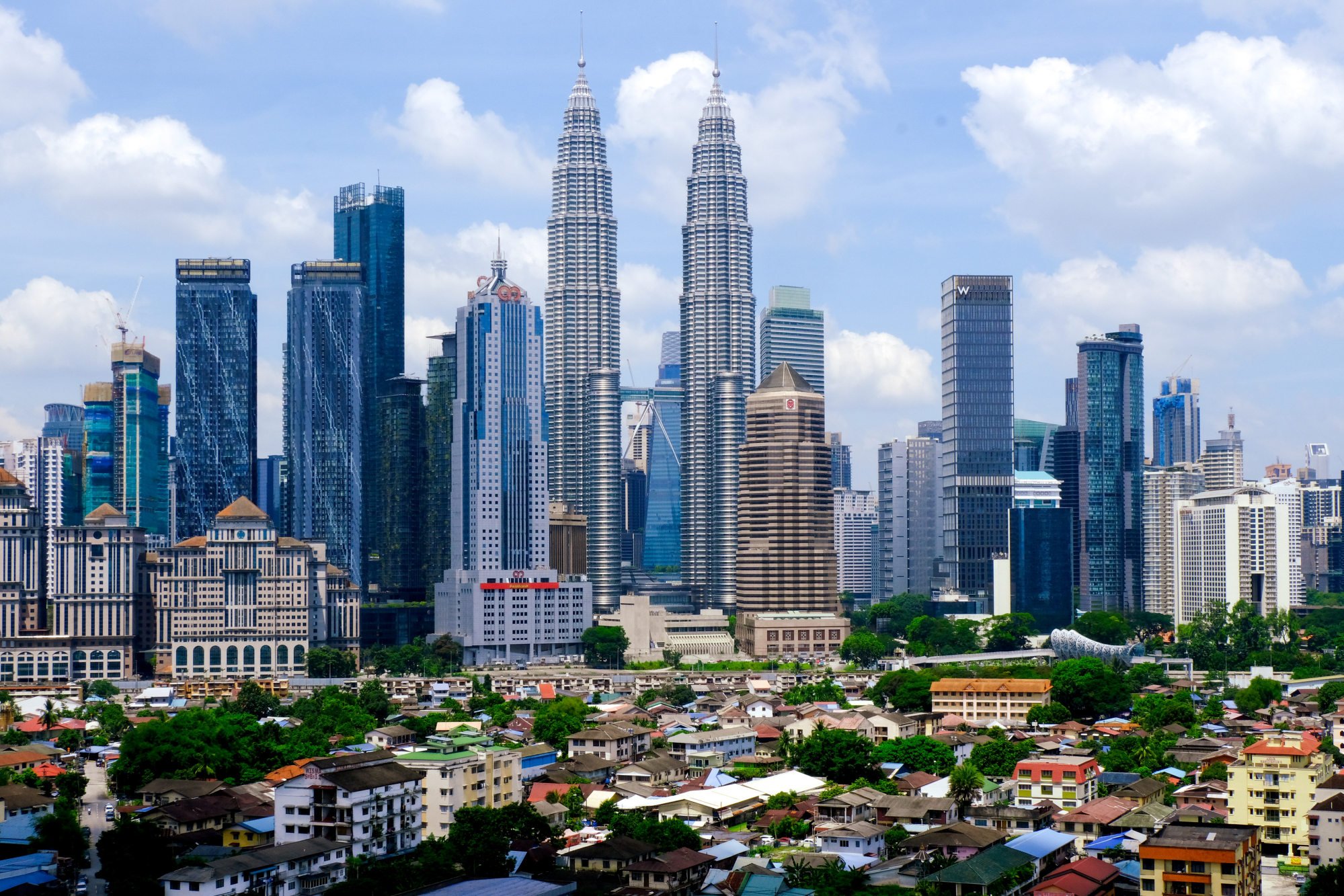
While Kuala Lumpur’s Mont Kiara neighbourhood has for decades been known for its expatriate residents, the foreign-born population is spreading out further around the country thanks to the MM2H scheme, with many opting for the rustic charms of Penang and Malacca, where the pace of life is much slower than in the capital city.
“The [MM2H] programme attracts the target demographic of big spenders who tend to buy or rent homes in touristy locations,” said Kashif Ansari, co-founder of property solutions provider Juwai IQI. “They do not compete with Malaysians for housing.”
Interested applicants are required to invest between US$105,000 and US$1.05 million into fixed deposits, show proof of sufficient financial support to sustain themselves in Malaysia, and stay in the country for a minimum of 60 cumulative days per year.
In return, they are entitled to remain in the country for five years, with the option of renewing their stay, and enjoy tax exemption on pensions or income remitted into Malaysia from overseas, as well as eligibility to buy property in the country.
Malaysia eyes Chinese expats as it reboots flagging golden visa scheme
Malaysia eyes Chinese expats as it reboots flagging golden visa scheme
Tourism Minister Tiong King Sing in March told parliament that as of January, the MM2H programme had more than 56,066 participants, an increase of some 2,170 from 2022.
From the West, Britons top the list at 2,234 participants followed by US citizens at 1,340.
The scheme generated an average of 2.6 billion ringgit (US$550 million) between 2018 and 2019, government officials say. Business newspaper The Edge reported that MM2H had generated some 58 billion ringgit since its inception in 2002.
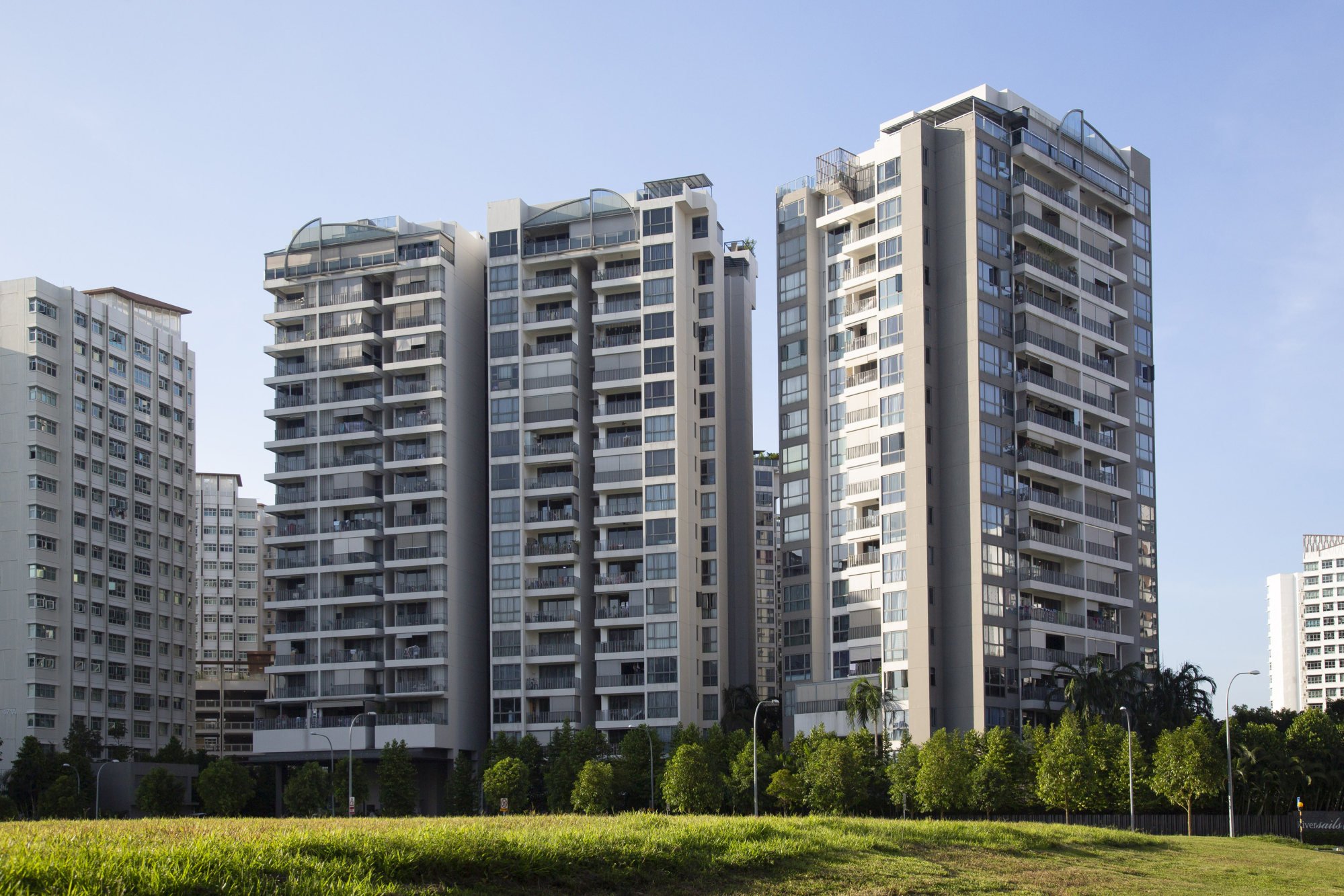
Lower costs to attain a comfortable life are the main draw, expat market analysts say.
For the same amount of money to rent a three-bedroom public housing flat in Singapore, it is possible to rent a comparably sized luxury condominium encircling the Petronas Towers in Kuala Lumpur, one of Malaysia’s most desirable addresses.
The number of international schools in the country has also increased from 66 in 2010 to more than 200, with more slated to open every year.
A recent revision of the MM2H programme has lowered the barriers to entry, reducing the financial requirements as well as the minimum age of applicants from 35 to 30 years old, opening it up to a new cohort of digital nomads who have been flocking to Asia since the pandemic.
That puts it in competition with Thailand, which has also been appealing to digital nomads to move but has yet to ease onerous and confusing layers of bureaucracy for them to do so, observers say.
Outside densely urbanised Peninsular Malaysia’s cities, MM2H applicants are also opting for Sabah and Sarawak on Borneo island, which are rich with mountains, forests and nature destinations. Sarawak, in particular, has seen an increase in approved applications, from just 27 in 2021 to more than 700 last year.
Malaysia’s second-largest city, Johor Bahru, which sits just 1km across the narrow strait from Singapore, is also hankering after a boost from MM2H, particularly in its development corridor region of Iskandar Malaysia.
In December, the research arm of Malaysia’s RHB Bank called the revised MM2H scheme “timely” as the country seeks to develop its border region with Singapore into “Malaysia’s Shenzhen”, with the cross-border Rapid Transit System (RTS) due to be integrated directly into the city state’s metro system.
“The friendlier policy will help to encourage the potential relocation of skilled workers, which has been the government’s objective to spur growth in Johor,” RHB Research said. “This, in turn, should lift demand for properties, especially for those located near to the RTS terminal [in Johor Bahru], and the Tuas link [in Singapore].”
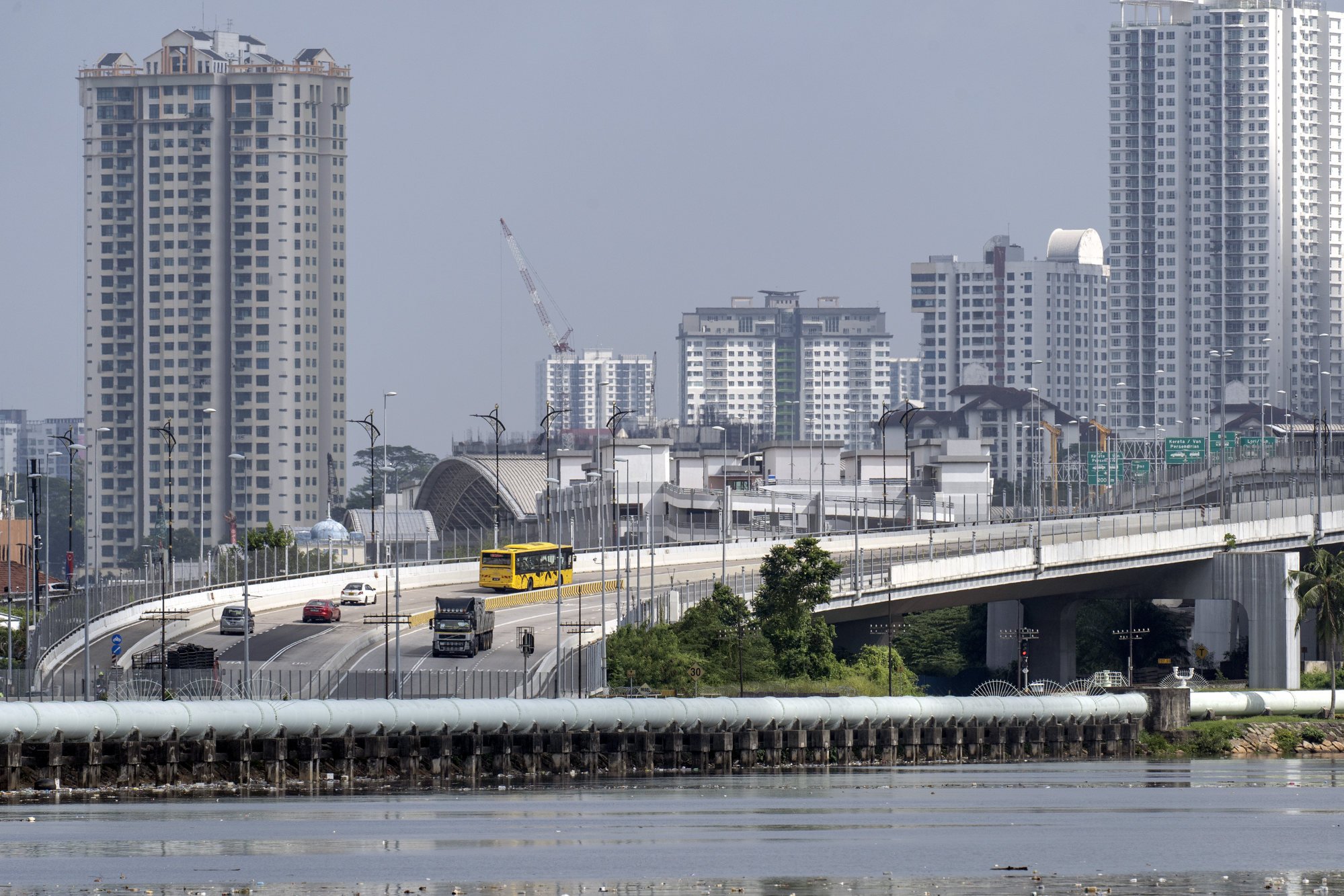
Live but can’t stay
While moving to Malaysia is relatively easy, staying can be a problem.
Emmanuel Chukwuemeka Olalere, from Nigeria, is looking to leave after 11 years in Malaysia, saying the daily racism and discrimination has worn him down.
“I came for college and have been working since I graduated,” said Emmanuel, who does tech reviews on his YouTube channel Geekception. “In other countries, I would have been a citizen by now, yet here I am still on a visa.”
Canada has a lower requirement for permanent residency, and offers a path to citizenship to permanent residents who have lived in the country for three out of the last five years, whereas that same time period only makes one eligible for permanent residency in Malaysia.
His decision is made more bittersweet because Emmanuel enjoys Malaysia, saying he loves the food and was able to build a life. But that came with the “trade-off” of having to deal with systemic discrimination against non-citizens, as well as casual racism among the local population which hinders housing opportunities for Africans in the country.
He said his experiences included getting “stopped everywhere” by the police as well as enduring constant stares from locals, and he was once called “the N-word” by a woman on a bus.
“No food is great enough for me to live like that,” he said.
Malaysia’s religious tilt drives mixed-faith couples to ‘more accepting’ places
Malaysia’s religious tilt drives mixed-faith couples to ‘more accepting’ places
Despite its proud billing as a multicultural and multiracial nation, Malaysia has had an uneasy relationship with African migrants, with some 25,000 student visas issued to African nationals in 2012 to study at its many private colleges across the country.
Reports of crimes involving members of the community have been further hyped up by the local media’s casual use of derogatory terms such as awang hitam (black chaps).
Anger and discrimination are routine against marginalised migrant communities.
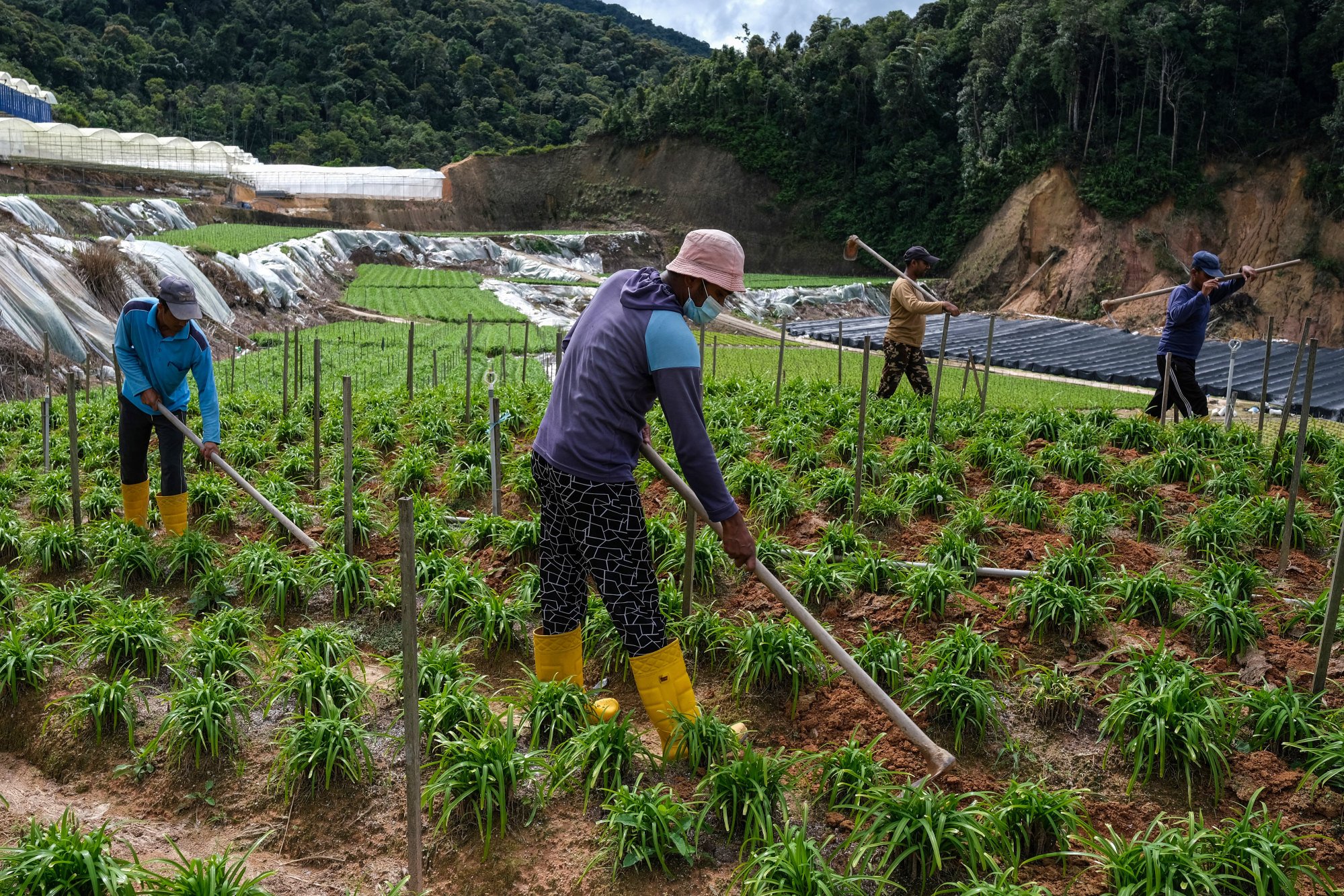
“That is not the Malaysia I left behind and it does not sound like a place I want to come home to,” said accountant Shamsul Baharin who relocated his family to Britain 15 years ago.
While acknowledging that his adopted home had its own issues, Shamsul said it was not as heartbreaking as seeing his home country change.
“I always tell people there is no place like Malaysia,” he said. “It’s even more true now: that Malaysia I talk about is no more.”
